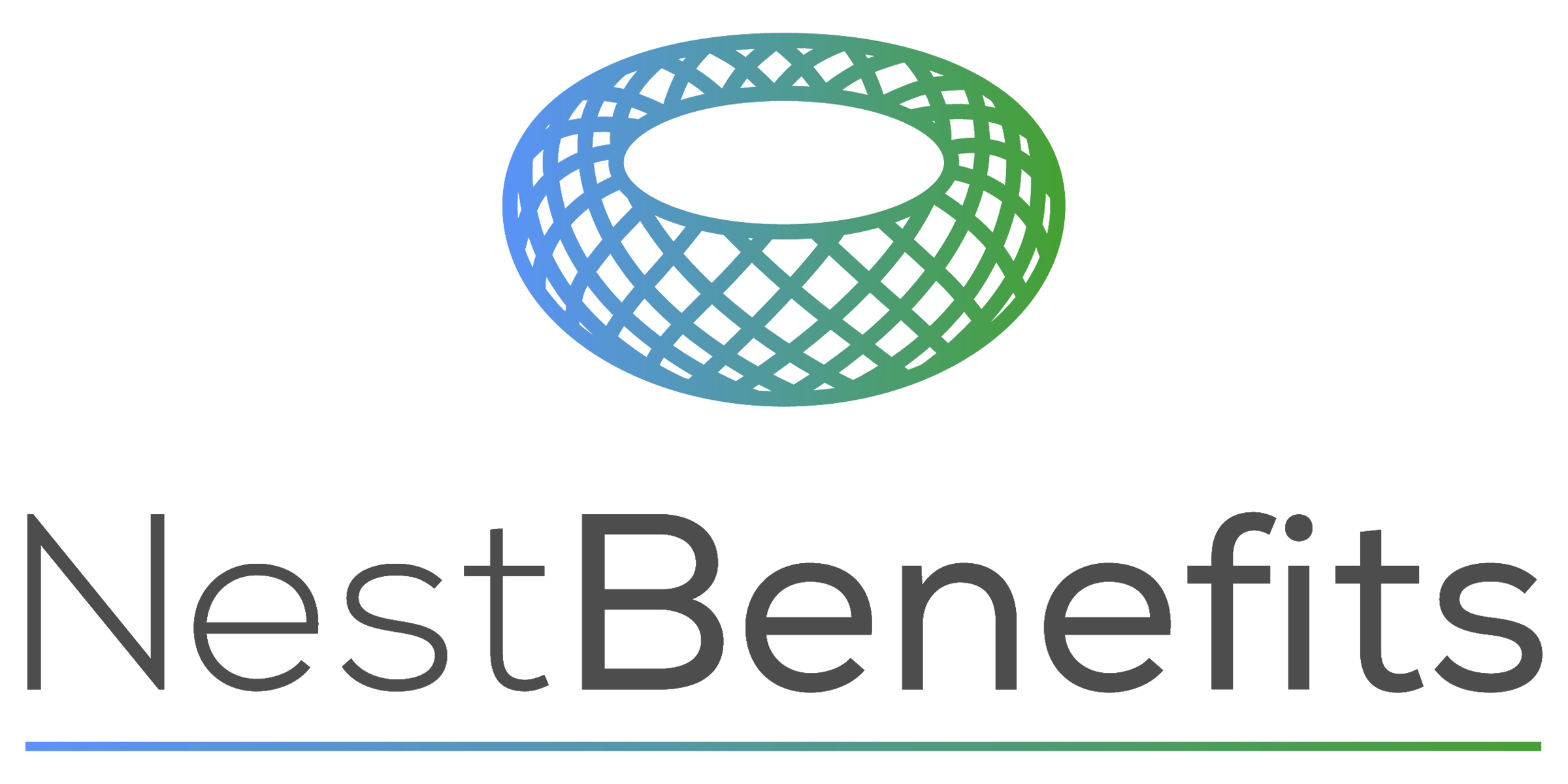Group Long Term Disability Insurance.
Our passion is ensuring your employees have the long term disability insurance coverage they need.
Many HR managers consider championing Long Term Disability coverage to be among the smartest decisions they’ve made on behalf of their employees. Here’s why:
- When an employee becomes disabled, due to illness or injury, and can’t work for an extended time period, Long Term Disability insurance helps replace their income and helps avoid financial devastation.
- Providing this benefit to alleviate this potential loss can be a valuable resource that is relatively low cost to the employer. According to the U.S. Bureau of Labor Statistics (BLS), the cost of providing Long Term disability insurance is approximately one percent of total compensation costs.
- Where Social Security generally provides little to none of an employee’s previously earned income, Long Term Disability insurance can help bridge the gap.
- While policies vary by occupation, after a specified waiting period, claimants unable to perform their prior work duties can receive benefits of up to 70% of their prior employment income.
- For an added cost, additional riders and features may also include cost-of-living adjustments, longer own occupation definitions, and guaranteed income benefit increases.
- Employees at companies that offer Long Term Disability insurance are less likely to file claims not genuinely associated with work-related accidents and illnesses: claims that occur away from work and can happen off the job. These claims can increase Workers’ Compensation volume and costs.
- Group Long Term Disability policies are customizable by job responsibility, income level, and industry as well as separate plans for your senior management team. Further, NestBenefits offers traditional short term disability policies, critical illness and accident plans.
- We also incorporate Key Person and Business Overhead Expense insurance in the event a key employee is not able to work and the company's revenue can be protected. The firm is the beneficiary and will receive the policy payoff.

